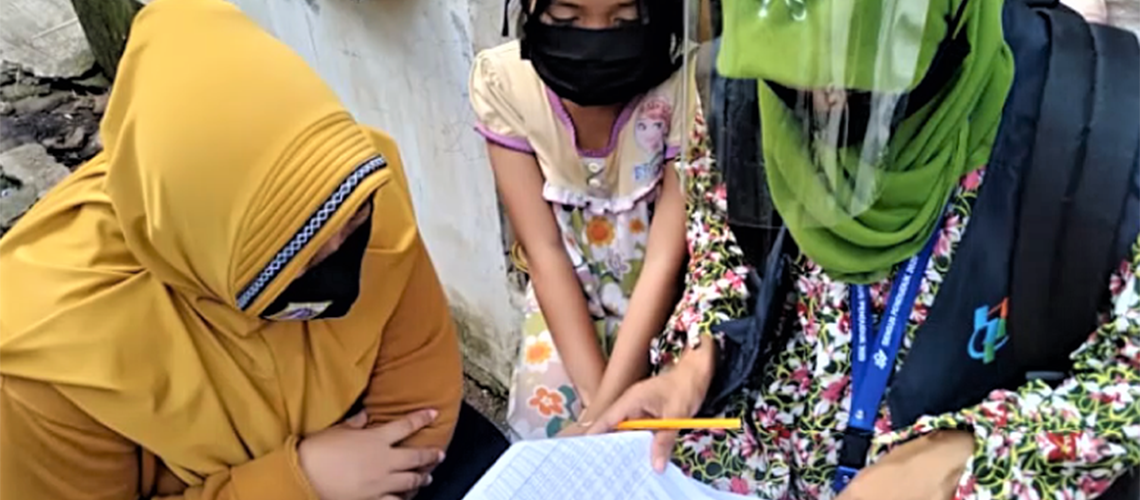 Women reviewing budget
Women reviewing budget
Countries around the world have responded to the COVID-19 pandemic and the ongoing economic crisis by expending trillions of dollars to support their economies and provide relief to their populations. Governments are following expedited procedures to quickly channel funds to relief and recovery programs. Still, a key challenge that countries are facing is ensuring that funds contribute to recovery and reach intended beneficiaries. This is a serious concern as cases of misuse and mismanagement of COVID-19 funds have been reported on every continent.
Supreme Audit Institutions are key
Fortunately, countries already have organizations such as the Supreme Audit Institutions (SAIs) that are responsible for providing independent assurance on the effective and lawful use of government monies , improvement in public service delivery, and response to disasters. In fact, in the aftermath of the tsunami that hit South and South-East Asia in 2004, the International Organization of Supreme Audit Institutions (INTOSAI) issued special standards on disaster-related expenditures. Further, during the Ebola pandemic in 2014, the SAIs of Liberia and Sierra Leone were lauded for their audits of emergency programs, which received extensive coverage in the national and global media.
Civil society’s involvement is necessary
Simultaneously, civil society organizations (CSOs) have also developed innovative methodologies to monitor government expenditures during emergencies and ensure that remedial measures are instituted based on audits conducted by SAIs. For example, in the aftermath of the devastating earthquakes that hit Mexico and Nepal in the past few years, local CSOs used audit reports issued by their national SAIs to demand that their governments implement reforms in relief programs.
CSOs have now joined calls made by various international bodies and financing agencies for SAIs to be more involved in the monitoring of COVID-19-related funds. These are positive developments but more needs to be done to ensure that audit findings foster the efficient and effective use of public resources for the benefit of citizens.
Effective oversight relies on an ecosystem
In November 2020, the International Budget Partnership (IBP) and the INTOSAI Development Initiative (IDI) released a joint report that assesses the adequacy of national oversight systems based on data from 117 countries in the latest Open Budget Survey.
Audit and oversight are an “ecosystem,” consisting of a set of interconnected actors, conditions and processes that need to be in place and function well for the system as a whole to perform effectively. Although SAIs lead the charge, the success of their audits in upholding accountability and enhancing performance in large part depends on the actions of legislators, civil society, the media and ultimately the executive.
Overcoming barriers that limit accountability
Too often, SAIs suffer from deficiencies that are compounded by weak legislative oversight, inadequate responsiveness from executives to reports, and few opportunities for public engagement in the audit and oversight process. These challenges preceded the pandemic and are likely to be exacerbated by the crisis. The IDI-IBP report suggests that all partners of the oversight system need to take action to strengthen accountability. Recommendations include:
- Increasing the mandate, independence and resources of SAIs to audit public funds, including special funds established to channel resources emergency programs,
- Improving the quality of audits by strengthening systems and independent quality checks,
- Enhancing transparency with timely publication of audit reports and tracking executive responses to recommendations,
- Ensuring that legislatures scrutinize SAI reports, including the ones on emergency spending measures, and
- Expanding opportunities for public engagement during the formulation of plans, legislative discussions, and crucially, executive implementation of audit recommendations.




Join the Conversation